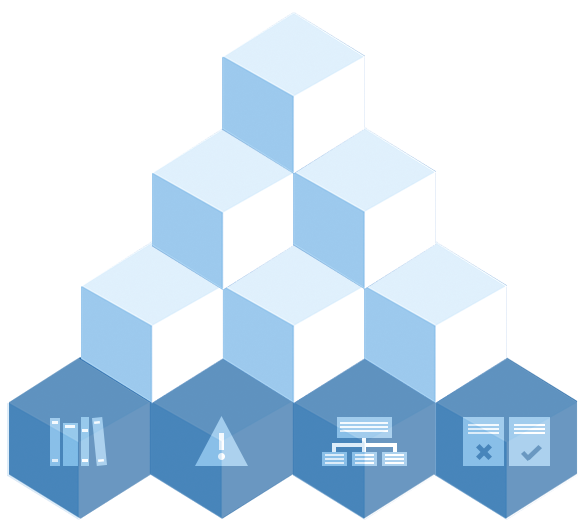Implementing Blockchain for Definitive Traceability and Authenticity in Pharmaceutical Logistics
Our focus is on revolutionizing the pharmaceutical supply chain, ensuring each product from production to patient is genuine, safe, and transparent. By leveraging blockchain technology, we offer an unmatched level of security and transparency, critical in combating the global issue of counterfeit pharmaceuticals.

TRANSPARENCY
Blockchain enabels real-time visibility of pharmaceuticals from manufacture to delivery, ensuring authenticity, safety and provenance.

COUNTERFEIT DETECTION
Through immutable records, blockchain technology aids in identifying and preventing the distribution of counterfeit pharmaceutical products.

SMART CONTRACTS
Smart contracts automate and secure the flow of information, ensuring continuous, real-time tracking of pharmaceuticals.

TRUSTED TRANSACTIONS
Blockchain also facilitates trusted peer-to-peer transactions, eliminating intermediaries and enhancing the integrity of items in transit.





